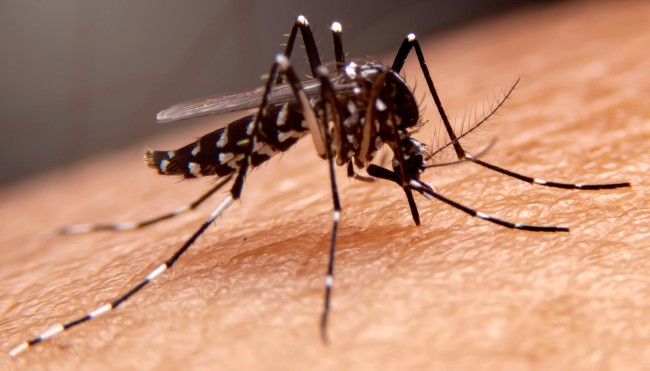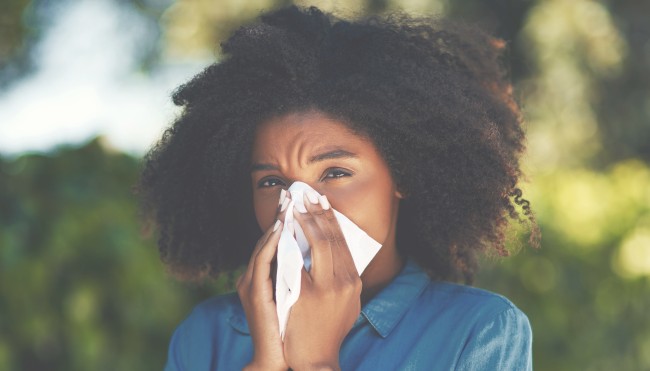H2UhOh! 3 Quiet Signs You Are Dehydrated
It may sound strange, but humans are mostly liquid beings. 70% of the human body is composed of water. Thousands of chemical processes take place in aqueous environments, and we are constantly losing water through urination, sweat, secretions, and defecation.
Logically, if we don’t replace these fluids, we become dehydrated.
What Does It Mean to Be Dehydrated?
The Mayo Clinic describes dehydration as “Dehydration occurs when you use or lose more fluid than you take in, and your body doesn't have enough water and other fluids to carry out its normal functions. If you don't replace lost fluids, you will get dehydrated.”
Dehydration can be caused by having increased fluid loss, through excess sweating or mucus secretion, diarrhea or vomiting, or not drinking enough fluids (not enough intake) to replace what is lost.
People who are especially at risk for dehydration are:
- Older people: Older people naturally have a lower fluid content in their bodies – usually around 60%. This makes even a smaller loss more significant.
- Children: Children are susceptible to infections that cause fluid loss, and they may not drink the type and quantity of fluids they need to stay hydrated.
- Athletes: Athletes have more fluid loss due to sweating, and their bodies also need abundant water to support their metabolism.
- People who are ill or who have infections. When people are sick, they tend to be less in tune with their basic needs (getting enough to eat and to drink, for example), or, if they can’t do it themselves, they tend to feel uncomfortable asking another person to do it for them. In addition, as mentioned previously, their fluid needs also increase due to fluid loss.
However, everyone is at risk of dehydration. In warmer months, or in situations where we are under a lot of stress or are carrying out exercise, we have increased needs for fluids. It is also not unusual for people to simply not recognize when their bodies need fluid replacement – beyond noticing the color of your pee. Your mouth may not be dry, and your energy levels might seem normal, but there are also quiet signs you may be dehydrated. Here, we discuss three of them.
What Signs Should I Be Looking Out For?
- You Haven’t Gone to the Bathroom In A Few Hours
While everyone is different, according to the Bladder and Bowel Community, for most people it is normal to urinate about 6 to 7 times in a 24-hour period. For some people, it might still be considered normal to pee as few as 4 and as often as 10 times in a day. If you only go to the bathroom 1-3 times a day, you are probably very dehydrated.
- Your Hands and Feet Feel Swollen
When you swell or bloat, you are retaining water. There are many reasons this can happen, sometimes more serious than others. But one of the most common reasons is a combination of not drinking enough water and eating foods with too much salt. Drink water and hold off on processed foods for a while, taking in fruits and vegetables instead.
- Urinary Volume (Too Little Pee)
If you feel the frequency with which you pee is okay, notice how much you are urinating (volume). Over 24 hours, you should urinate about 2 liters of water (8 cups – about as much as you should be taking in). If you go and only a few teaspoons come out, especially if it is bright yellow, you are probably not drinking enough water.
Diet and exercise is key for staying healthy, but that isn’t all. An important part of achieving good overall health is achieving consistently good levels of hydration. Make sure you are drinking at least 8 cups of water a day to take care of your body, energy levels, and to prevent illnesses.





